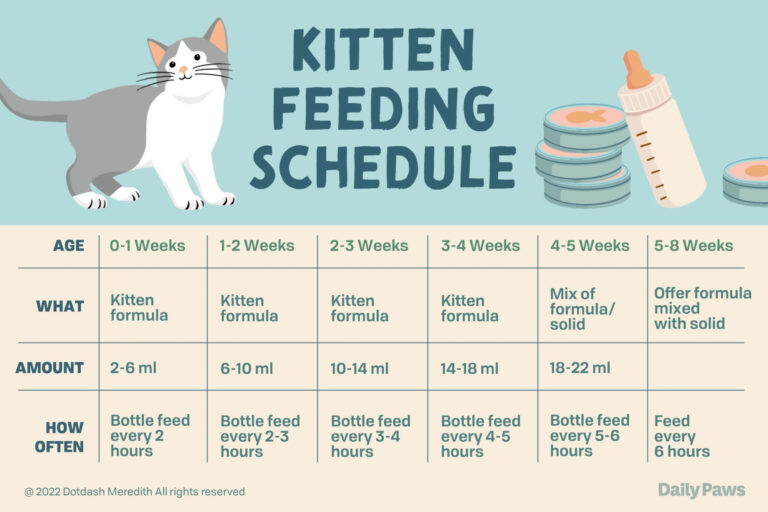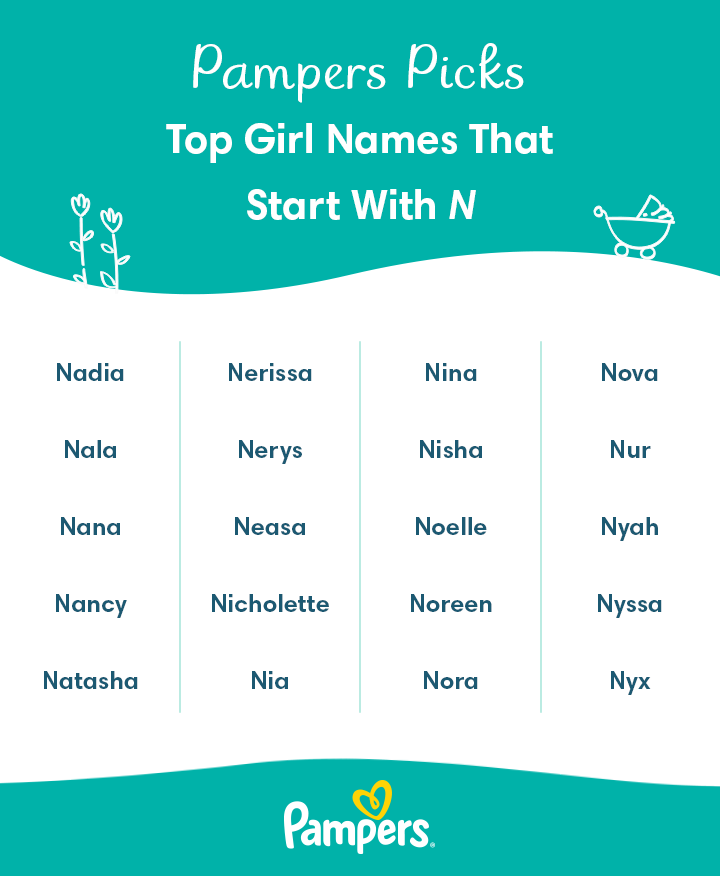Summer Camps For Teens: A Gateway to Adventure, Growth, and Unforgettable Memories
As the summer sun beckons, the allure of summer camps for teens grows stronger. These immersive experiences offer a unique blend of adventure, personal growth, and lasting friendships that can shape a young person’s life.
From traditional camps nestled amidst serene forests to specialty camps focused on STEM or the arts, and adventure camps that push the boundaries of physical and mental limits, the world of summer camps is vast and varied. Whether your teen seeks to explore new interests, hone their skills, or simply escape the confines of daily life, there’s a camp that perfectly aligns with their aspirations.
Summer Camp Types
Summer camps for teens come in various forms, each offering a unique blend of activities and experiences. Let’s explore the different types to help you find the perfect fit.
Summer camps for teens can be broadly classified into three main types: traditional, specialty, and adventure camps. Each type offers a distinct focus and set of activities, catering to different interests and preferences.
Traditional Summer Camps
Traditional summer camps are the most common type, providing a well-rounded experience with a wide range of activities. These camps typically offer a mix of outdoor adventures, such as hiking, swimming, and sports, along with creative pursuits like arts and crafts, music, and drama. They also emphasize social interaction, teamwork, and leadership development.
Examples of traditional summer camps include:
- Camp Echo Lake, New York: A co-ed camp offering a diverse range of activities, including swimming, sailing, archery, and arts and crafts.
- Camp Ramah in Wisconsin: A Jewish overnight camp with a focus on Jewish culture, traditions, and outdoor adventures.
- Camp Unalayee in Maine: A girls-only camp known for its strong emphasis on outdoor skills, leadership development, and environmental education.
Specialty Summer Camps
Specialty summer camps focus on a specific area of interest, such as sports, science, technology, or the arts. These camps provide an immersive experience for teens who are passionate about a particular subject and want to develop their skills and knowledge in that area.
Examples of specialty summer camps include:
- Nike Sports Camps: A series of camps across the US offering intensive training in various sports, including basketball, soccer, and tennis.
- iD Tech Camps: Technology-focused camps that teach coding, robotics, and other STEM subjects.
- Interlochen Arts Camp: A prestigious camp for aspiring artists in music, dance, theater, and visual arts.
Adventure Summer Camps
Adventure summer camps prioritize outdoor activities and challenges, such as backpacking, rock climbing, and white-water rafting. These camps are designed for teens who love the outdoors and are looking for an adrenaline-pumping experience.
Examples of adventure summer camps include:
- National Outdoor Leadership School (NOLS): A renowned organization offering wilderness expeditions and outdoor leadership training.
- Outward Bound: A global provider of adventure programs that emphasize teamwork, self-reliance, and environmental awareness.
- Teton Science Schools: A Wyoming-based camp that combines outdoor adventures with scientific exploration and research.
Camp Locations and Environments
Summer camps are often held in locations that offer a variety of outdoor activities and natural amenities. These locations can include forests, mountains, lakes, and beaches.
The environmental factors at each location can have a significant impact on the camp experience. For example, camps in forests may offer opportunities for hiking, camping, and wildlife viewing, while camps in mountains may offer opportunities for rock climbing, mountain biking, and skiing. Camps near lakes or beaches may offer opportunities for swimming, boating, and fishing.
Weather
The weather at a camp location can also have a significant impact on the camp experience. Camps in areas with warm weather may offer opportunities for swimming, sunbathing, and other outdoor activities, while camps in areas with cold weather may offer opportunities for snowshoeing, cross-country skiing, and other winter activities.
Wildlife
The wildlife at a camp location can also be a major attraction. Camps in areas with abundant wildlife may offer opportunities for wildlife viewing, photography, and other activities.
Natural Amenities
The natural amenities at a camp location can also be a major draw. Camps with access to lakes, rivers, or beaches may offer opportunities for swimming, fishing, and boating. Camps with access to forests or mountains may offer opportunities for hiking, camping, and rock climbing.
Camp Activities and Programs

Summer camps offer a wide range of activities and programs tailored to the interests and abilities of teenage campers. These programs are designed to provide both recreational and educational experiences, ensuring a well-rounded and memorable summer for all.
Recreational Activities
Camps offer a plethora of recreational activities that cater to the adventurous spirit of teens. These include sports like basketball, soccer, and volleyball, allowing campers to stay active and engaged. Arts and crafts activities, such as painting, pottery, and jewelry making, provide a creative outlet for campers to express themselves. For those who enjoy the great outdoors, hiking, swimming, and kayaking offer opportunities to explore nature and appreciate its beauty.
Educational Programs
Beyond recreational activities, summer camps also offer a range of educational programs that stimulate the minds of young learners. STEM (Science, Technology, Engineering, and Math) workshops introduce campers to cutting-edge concepts and foster their interest in these fields. Language immersion programs allow campers to learn a new language through interactive games and activities. Leadership development programs empower campers with essential skills such as communication, problem-solving, and teamwork.
Camp Structure and Daily Routine
Summer camps for teens typically follow a structured daily routine that balances activities, free time, and rest. The schedule is designed to maximize the camp experience and ensure the well-being of campers.
The daily routine at a summer camp for teens may vary slightly depending on the camp’s specific program and location, but the following table provides a general overview of a typical schedule:
Daily Routine at a Summer Camp for Teens
| Time | Activity |
|---|---|
| 7:00 AM | Wake-up and morning routine |
| 8:00 AM | Breakfast |
| 9:00 AM | Activity period 1 |
| 11:00 AM | Free time |
| 12:00 PM | Lunch |
| 1:00 PM | Activity period 2 |
| 3:00 PM | Free time |
| 5:00 PM | Dinner |
| 6:00 PM | Evening program |
| 8:00 PM | Free time |
| 9:00 PM | Bedtime |
The daily routine at a summer camp for teens is designed to provide a balance of structured activities and free time. Activity periods typically focus on the camp’s core programs, such as sports, arts, or outdoor adventure. Free time allows campers to relax, socialize, and pursue their own interests. Evening programs often include campfires, talent shows, or other social events.
Camp Staff and Supervision
Ensuring the safety, well-being, and enjoyment of campers is paramount at summer camps for teens. Qualified and experienced staff play a crucial role in creating a positive and enriching camp experience.
Camp counselors are the frontline staff responsible for the day-to-day supervision and guidance of campers. They lead activities, facilitate discussions, and provide emotional support. Counselors must possess strong communication, interpersonal, and leadership skills, as well as a genuine passion for working with young people.
Camp Directors
Camp directors are responsible for the overall operation and management of the camp. They oversee staff hiring and training, develop camp policies and procedures, and ensure compliance with all safety regulations. Directors also work closely with parents and guardians to provide updates on campers’ progress and well-being.
Other Staff Members
In addition to counselors and directors, other staff members may include nurses, cooks, maintenance workers, and administrative assistants. Each staff member plays a vital role in ensuring the smooth functioning of the camp and the well-being of campers.
Camp Costs and Financial Aid
Summer camp experiences can vary in cost depending on the type of camp, its location, the duration of the program, and the amenities offered. Here’s a breakdown of the costs associated with attending a summer camp for teens:
Tuition and Fees
Tuition fees cover the basic costs of attending summer camp, including accommodation, meals, activities, and instruction. These fees can range from a few hundred pounds to several thousand pounds, depending on the camp’s offerings and reputation.
Additional Expenses
In addition to tuition fees, there may be additional expenses to consider, such as:
- Transportation costs: If the camp is not located near your home, you may need to factor in the cost of transportation, such as flights, train tickets, or car rental.
- Spending money: Campers may need some spending money for personal expenses, such as souvenirs, snacks, or activities outside of the camp’s program.
- Equipment rental: Some camps may require campers to rent specialized equipment, such as canoes, kayaks, or hiking gear. These rental fees can vary depending on the equipment and the duration of the rental.
- Insurance: Campers may need to purchase insurance to cover their belongings and any potential medical expenses during their stay at camp.
Financial Aid and Scholarships
Many summer camps offer financial aid and scholarship opportunities to eligible campers. These programs can help reduce the cost of attending camp, making it more accessible to families with limited financial resources. To qualify for financial aid, campers typically need to demonstrate financial need and meet certain academic or extracurricular criteria.
Information about financial aid and scholarship opportunities can be found on the camp’s website or by contacting the camp’s admissions office. It’s important to apply for financial aid early, as deadlines and funding may be limited.
Camp Benefits and Impact
Attending a summer camp for teens is an incredible experience that can provide numerous benefits and have a long-lasting impact on their lives.
Summer camps offer a unique environment where teens can step outside their comfort zones, learn new skills, develop their independence, and make lifelong friendships. They also have the opportunity to participate in a wide range of activities, from sports and arts to outdoor adventures, which can help them discover new passions and interests.
Personal Growth
Summer camps provide a supportive and challenging environment where teens can grow as individuals. They learn to be more self-reliant, responsible, and confident. They also develop important life skills, such as problem-solving, communication, and teamwork.
Skill Development
Summer camps offer a wide range of activities that can help teens develop new skills and interests. They can learn how to swim, sail, ride horses, play musical instruments, or create art. They can also participate in leadership programs, which can help them develop their communication, problem-solving, and decision-making skills.
Social Connections
Summer camps are a great place for teens to make new friends and build strong social connections. They live and interact with other teens from different backgrounds, which can help them develop empathy, tolerance, and understanding.
Long-Term Impact
The benefits of summer camp can last long after the summer is over. Studies have shown that teens who attend summer camp are more likely to be successful in school, have higher self-esteem, and make healthier choices. They are also more likely to be involved in their communities and to volunteer their time to help others.
FAQs
Are all summer camps the same?
No, summer camps vary widely in terms of their focus, activities, and environments. Some camps specialize in traditional outdoor activities like hiking and swimming, while others offer a more focused experience in areas such as STEM, arts, or sports.
How do I choose the right summer camp for my teen?
Consider your teen’s interests, goals, and personality when selecting a camp. Explore different camp options, read reviews, and reach out to camp directors to find a program that aligns with their aspirations.
What are the benefits of attending a summer camp?
Summer camps provide teens with opportunities for personal growth, skill development, and social connections. They foster independence, build confidence, and create lasting memories.
How much do summer camps cost?
The cost of summer camps varies depending on the type of camp, its duration, and the amenities offered. Some camps offer financial aid and scholarships to eligible campers.




